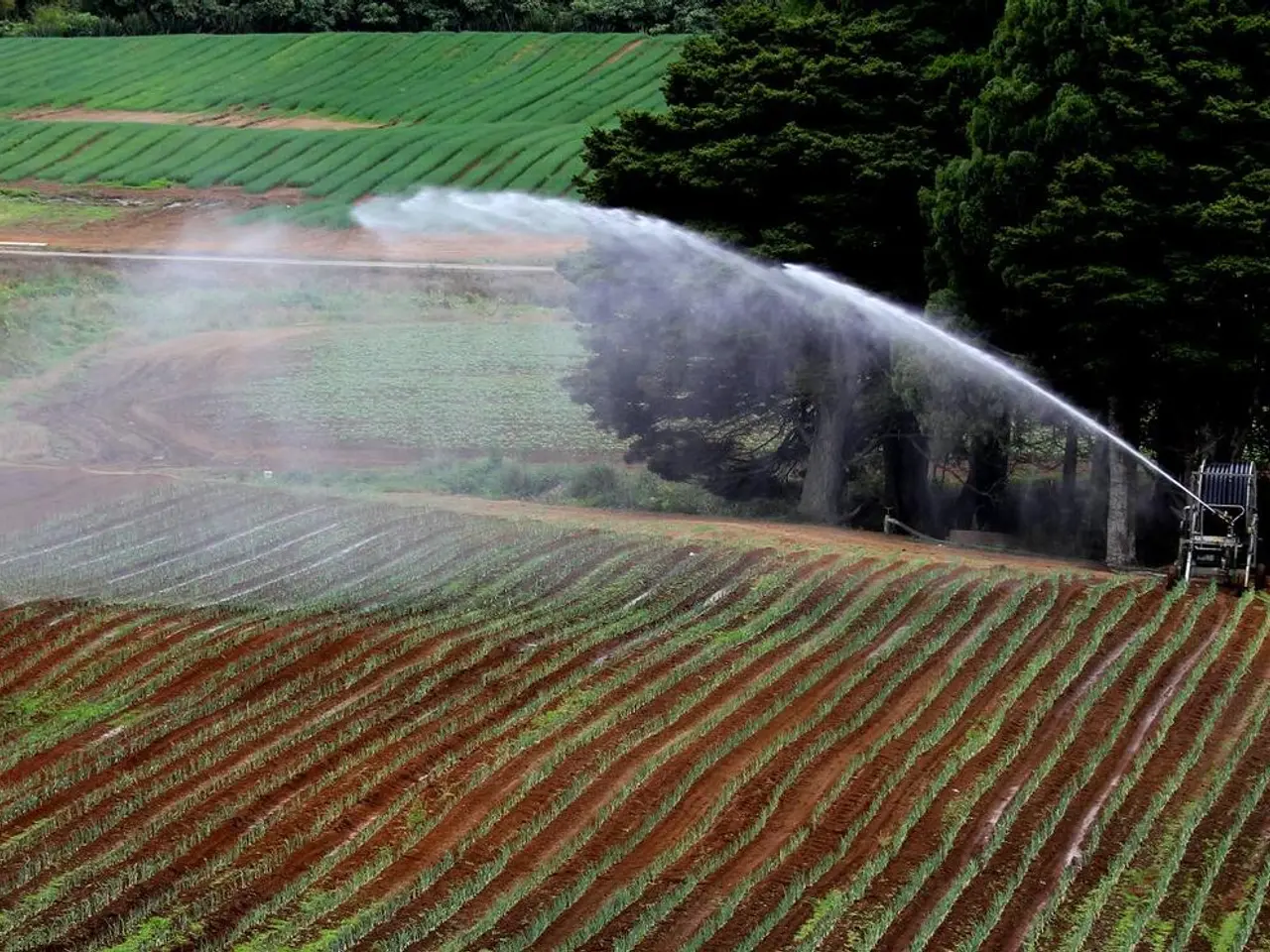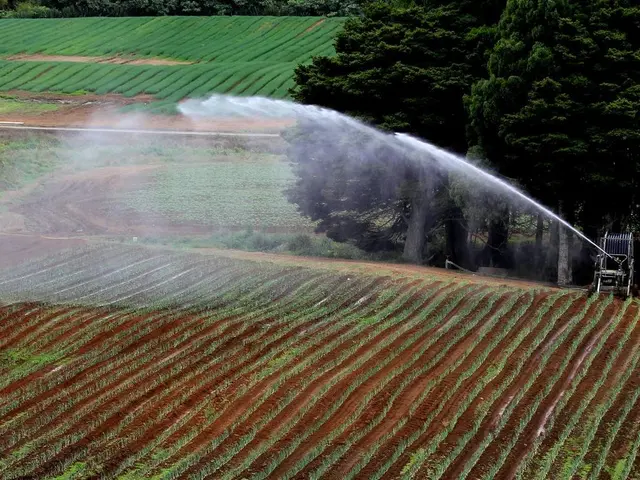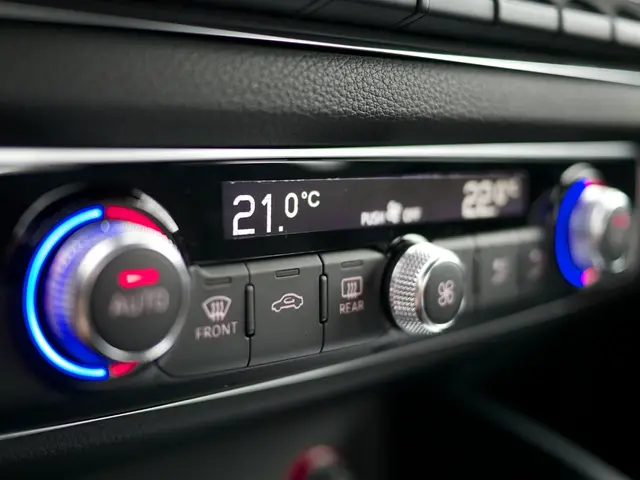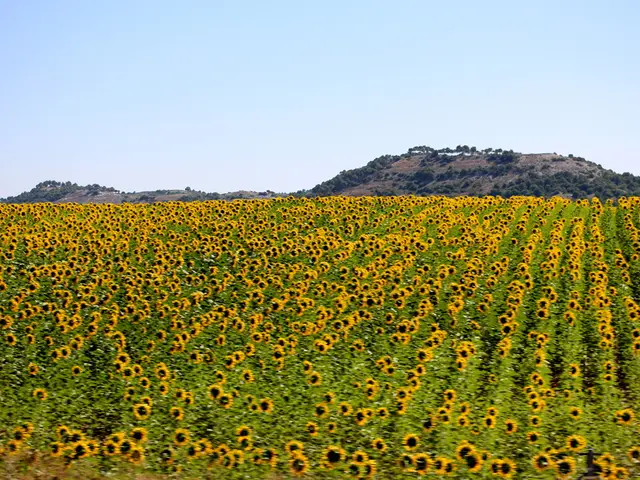MLU's FoodLab Revives Climate-Resilient Crops for Healthier, Sustainable Eating
Martin Luther University Halle-Wittenberg (MLU) has established a lab, FoodLab, to develop climate-resilient and health-promoting food products. The lab, part of the DiP-SuSaKlim research project, tests crops grown ecologically in Merbitz, north of Halle.
FoodLab produces innovative items like oil from woad, gluten-free bread from millet, and coffee from chickpeas. These crops are chosen for their climate resilience and regional suitability. Once grown widely, the woad plant, for instance, later fell out of favour but is now being revived.
The lab works with local farmers and food producers, testing various plants like different millet varieties, legumes, and oil plants. The goal is to create products that promote health and can thrive in challenging climate conditions.
MLU's FoodLab, under the DiP-SuSaKlim project, is exploring the potential of regional, climate-resilient crops. By producing unique food items like woad oil and millet bread, the lab aims to foster a sustainable and healthy food culture.
Read also:
- Summarized Report: Insights from the Realm of Transportation
- Recorded surge in electric vehicle registrations during the initial half of the year
- Polestar CEO, Lohscheller, voices concern on the ongoing debates about competitors' products: "Maintain focus, avoid distractions"
- London Mayor Sadiq Khan under fire for raising Congestion Charge, with drivers facing an additional £80 million in yearly costs








